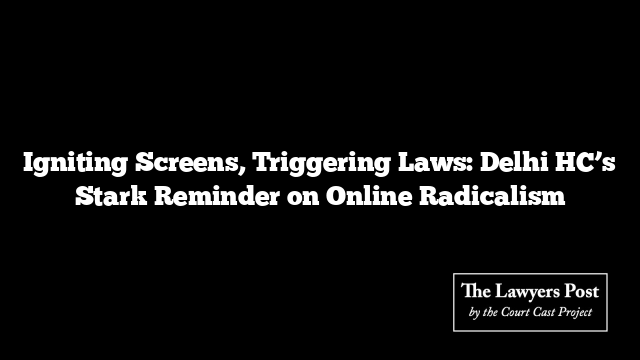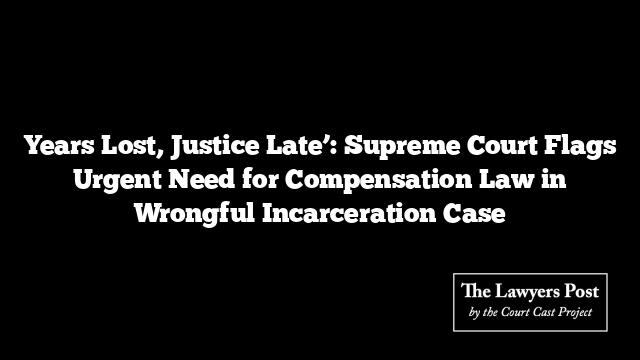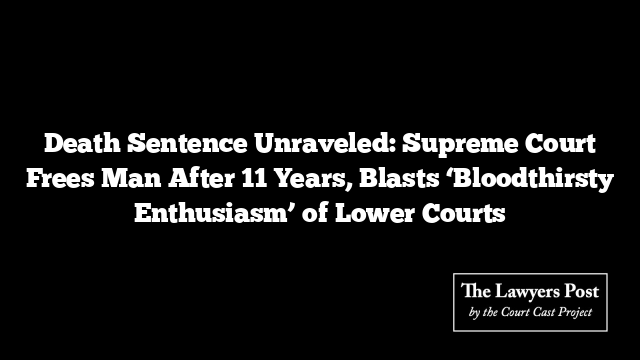The Delhi High Court has sounded the alarm on digital provocations, ruling that any effort to radicalize youth via social media platforms squarely falls within the ambit of the Unlawful Activities (Prevention) Act. In a pointed observation, the bench held that deliberately sharing incendiary content with the intention of steering impressionable minds toward extremist causes cannot evade scrutiny under anti-terror legislation.
Dispelling any notion of a “virtual free-for-all,” the judges stressed that the ease of clicking “share” does not absolve agitators from legal responsibility. Whether in a private group chat or a public broadcast, content crafted to incite violence or bolster terrorist narratives crosses the threshold from mere speech into punishable territory.
This ruling underscores the judiciary’s resolve to hold digital firebrands to the same standards as their offline counterparts. As social feeds continue to shape opinions and allegiances, the message is clear: when it comes to stoking terror, there are no neutral bystanders—and the law will not stand idly by.





